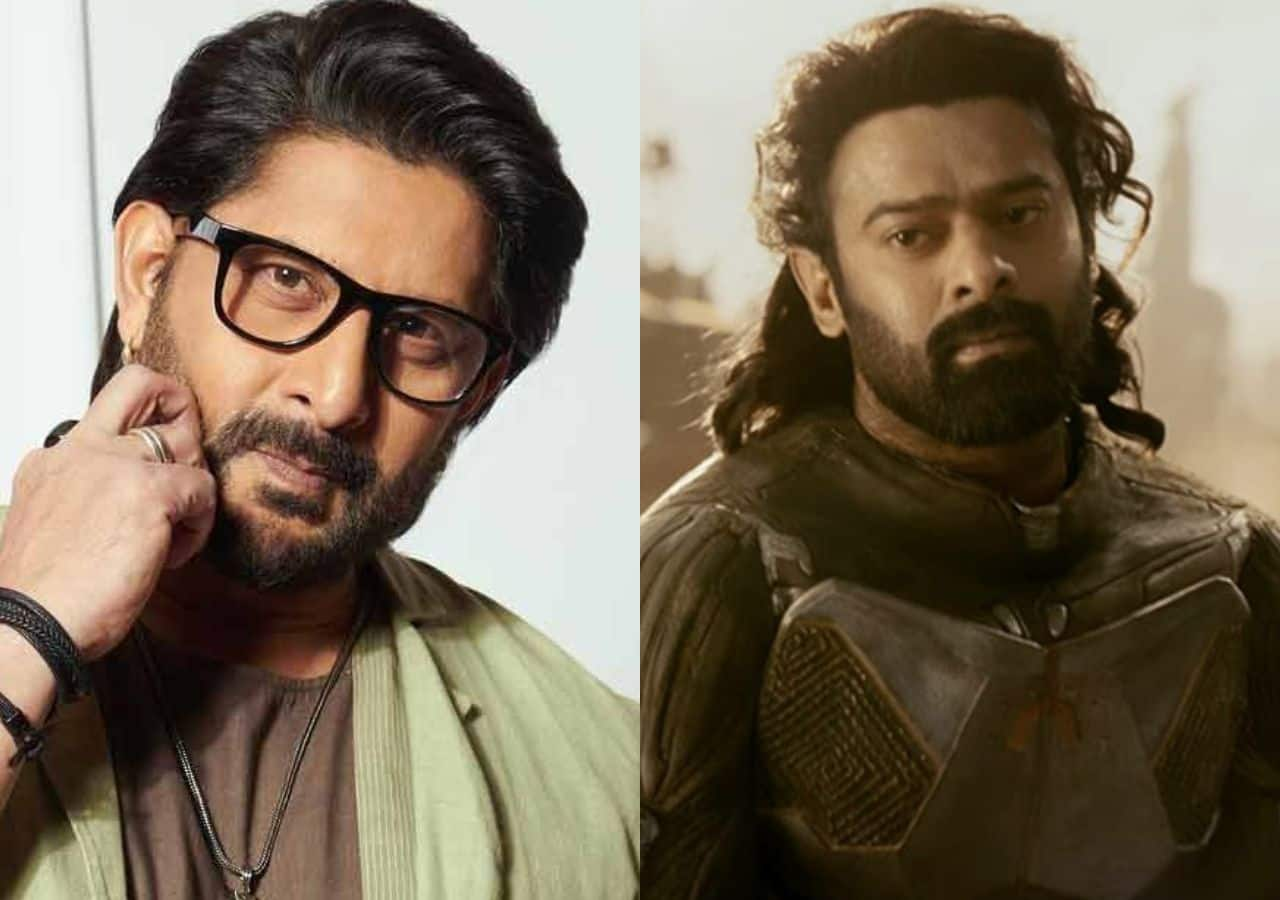In the ever-evolving landscape of Indian cinema, tensions sometimes arise between actors from Bollywood and the South Indian film industry. Recently, Bollywood actor Arshad Warsi sparked controversy during an interview when he commented on South superstar Prabhas‘ character in the highly anticipated film ‘Kalki 2898 AD’. Warsi referred to Prabhas’s role as that of a “joker,” which led to significant backlash from Prabhas’s fans and criticism from several Southern actors. Following the uproar, Arshad Warsi has addressed the situation, clarifying his remarks. Below, we explore what he had to say about his comments on Prabhas’s character.
Arshad Warsi Clarifies His Comments
At the recent IIFA 2024 awards, Warsi broke his silence regarding the controversial “joker” remark. He emphasized that he was not making a personal attack on Prabhas but rather commenting on the character he portrayed in ‘Kalki 2898 AD’. Warsi stated, “Everyone has their own perspective. My comments were specifically about the character and not about Prabhas as a person. He is an excellent actor and has demonstrated his talent time and again. It’s disheartening when a talented actor is given a poor role that fails to resonate with the audience.”
Response from the Industry
The film industry was quick to react to Warsi’s statement, with many Southern actors voicing their disapproval. The strong reactions underscore the ongoing tensions between Bollywood and South Indian cinema, particularly as both industries vie for recognition and respect in a diverse film landscape. Notably, the director of ‘Kalki 2898 AD’, Nag Ashwin, reacted to the situation by stating, “This always seems to become a North vs. South debate,” suggesting that the comments could exacerbate existing regional divides in the film community.
The Success of ‘Kalki 2898 AD’
‘Kalki 2898 AD’ is a science fiction film rooted in mythology that features an impressive ensemble cast, including stars like Deepika Padukone, Amitabh Bachchan, Disha Patani, and Kamal Haasan. The film boasts a staggering production budget of ₹600 crore and has achieved remarkable box office success, grossing over ₹1200 crore globally, including more than ₹225 crore from the Hindi version alone. This film’s substantial earnings reflect its widespread appeal and the audiences’ interest in mythological narratives presented through a modern lens.
Conclusion
As the conversation around Arshad Warsi’s comments continues, it highlights the delicate balance actors must strike when discussing their peers’ work. The film industry thrives on creativity and diversity, but it also faces the challenge of navigating personal opinions in a public forum. In times like these, it’s essential for artists to communicate their thoughts thoughtfully and constructively, promoting a culture of respect across the entire Indian cinema landscape.











